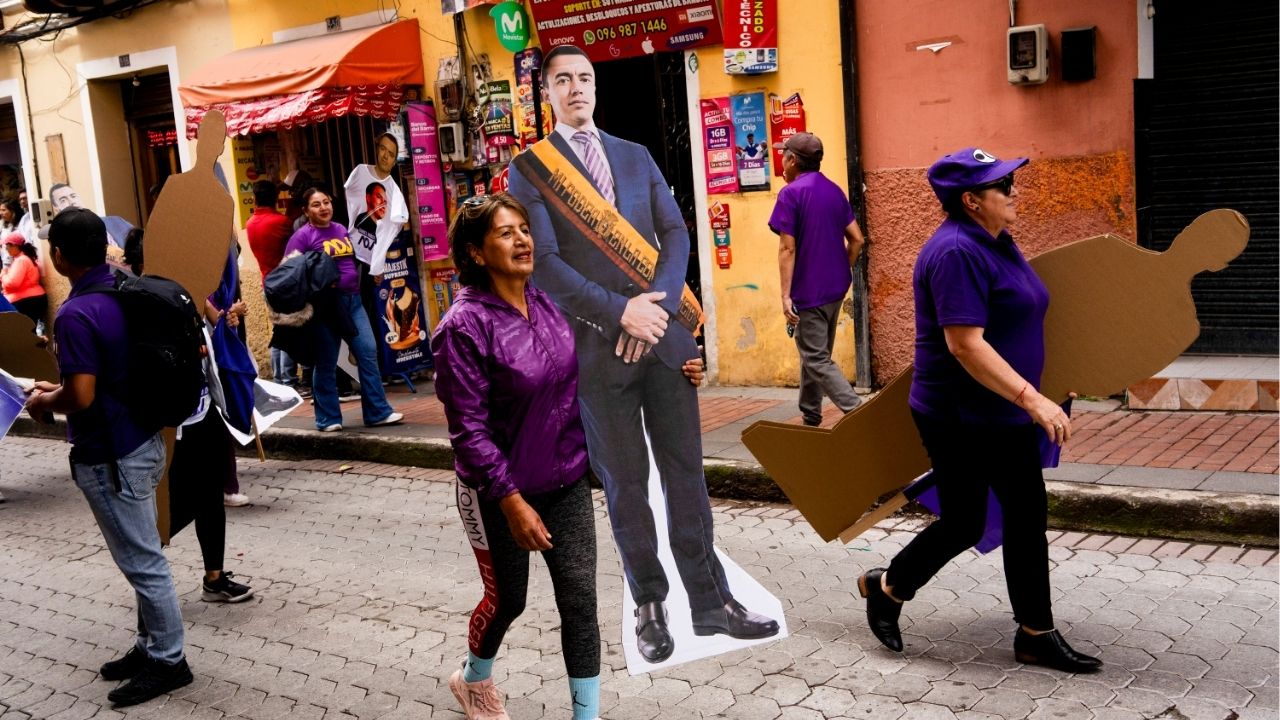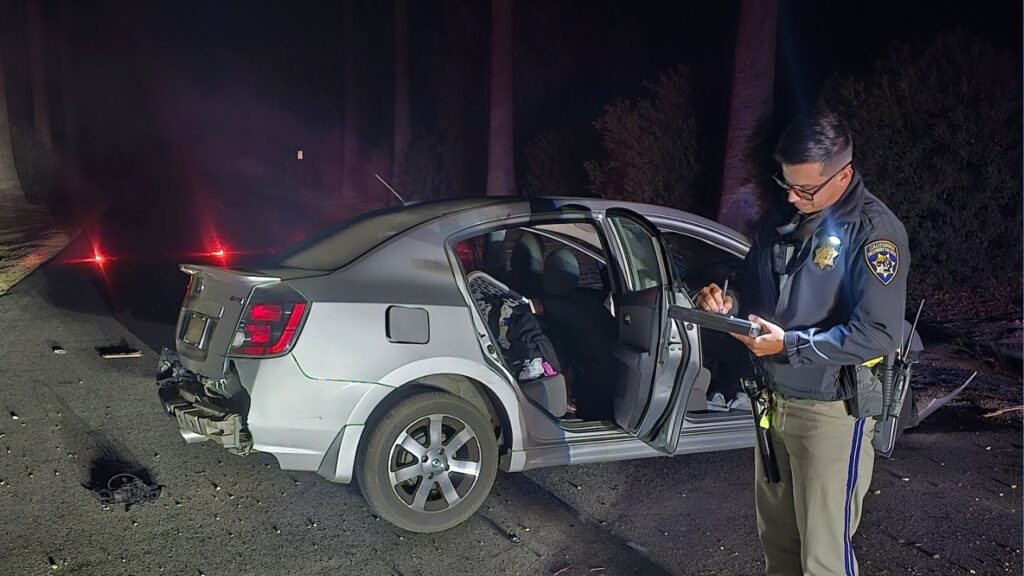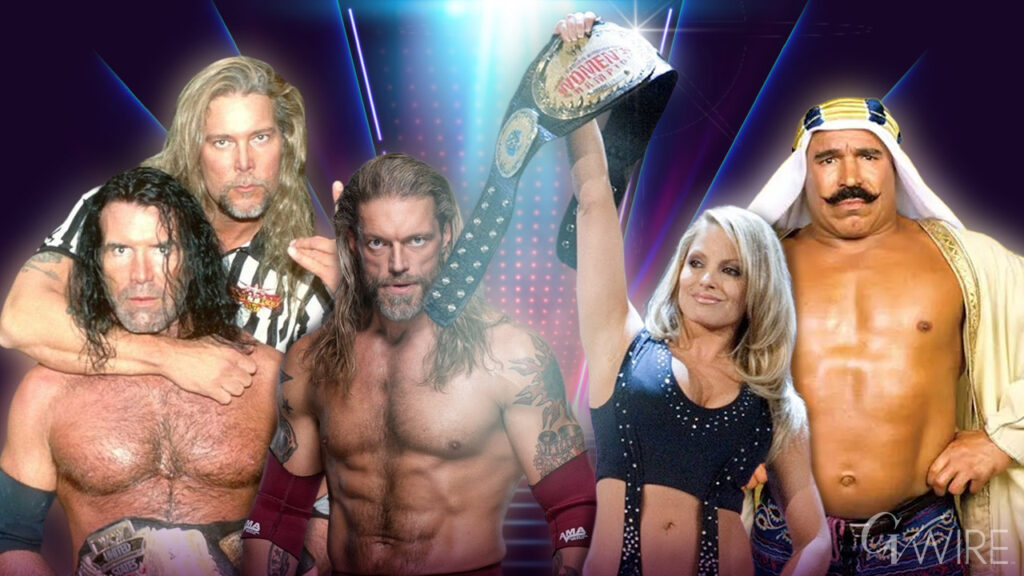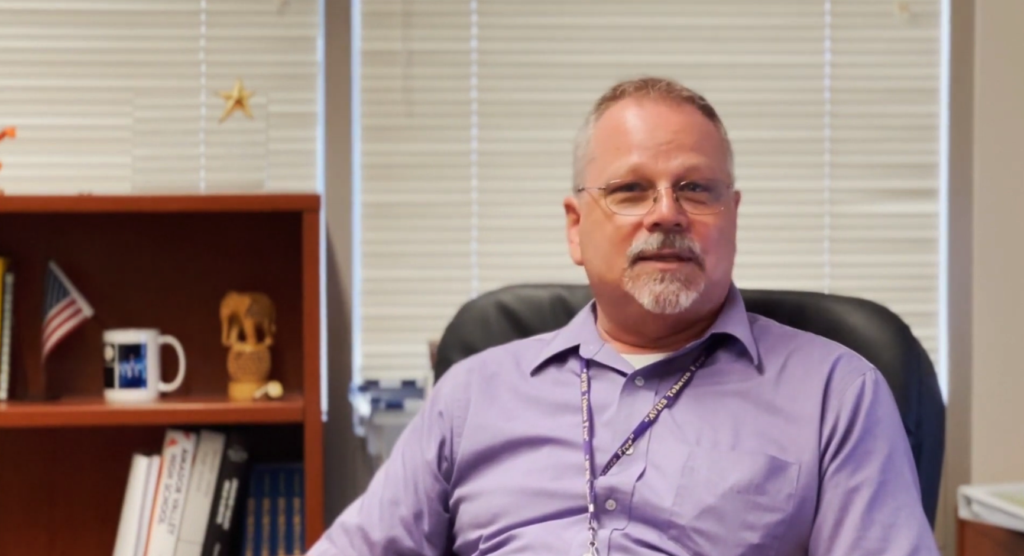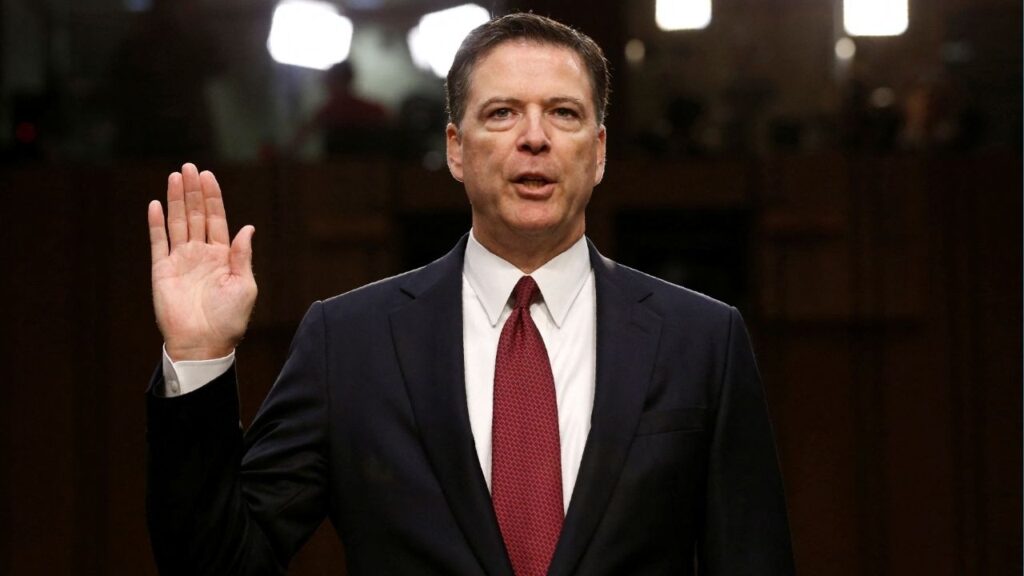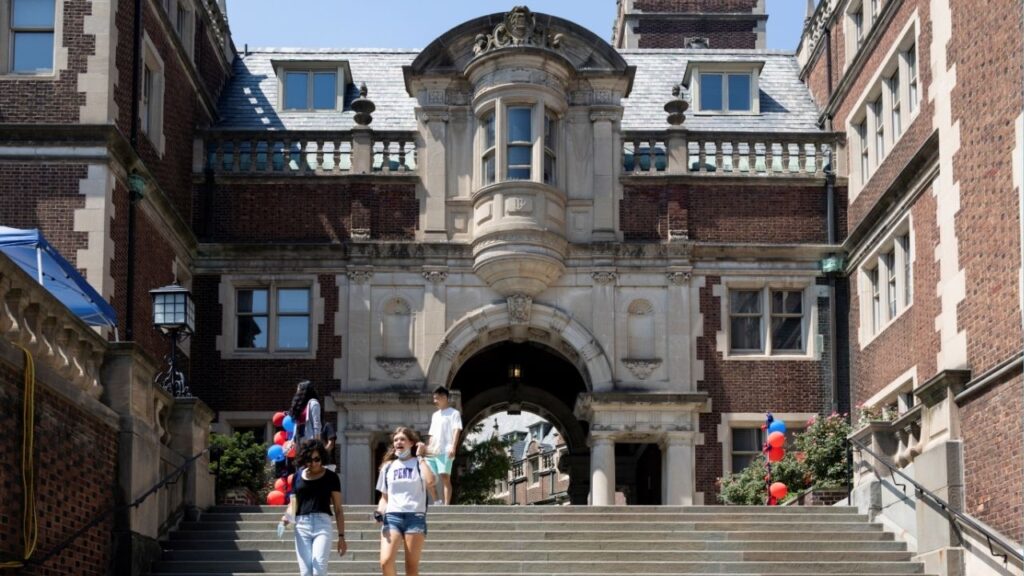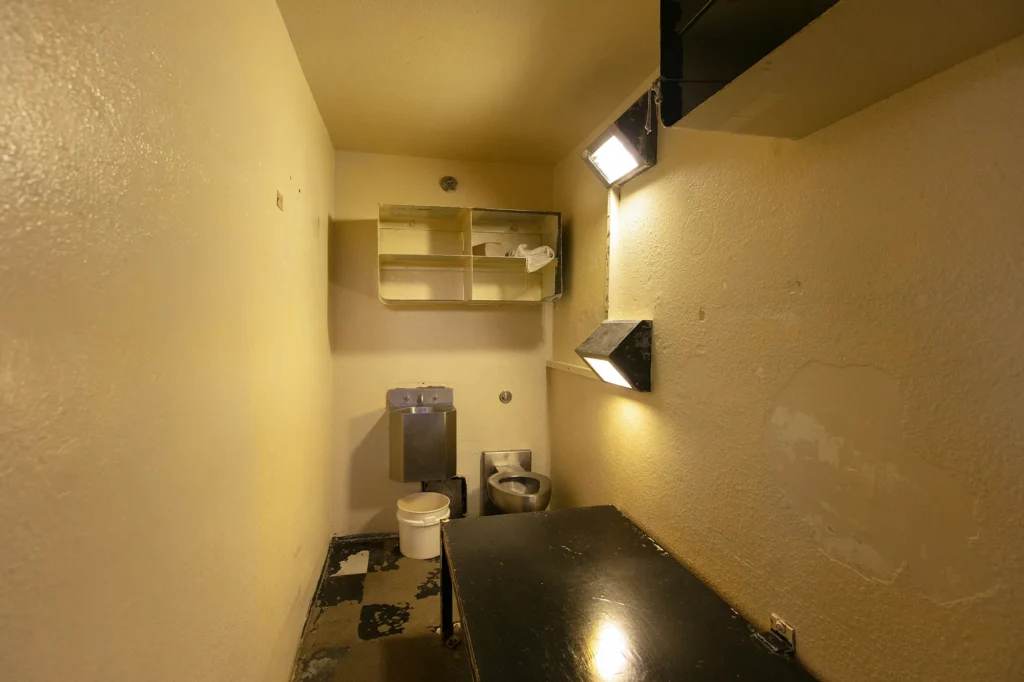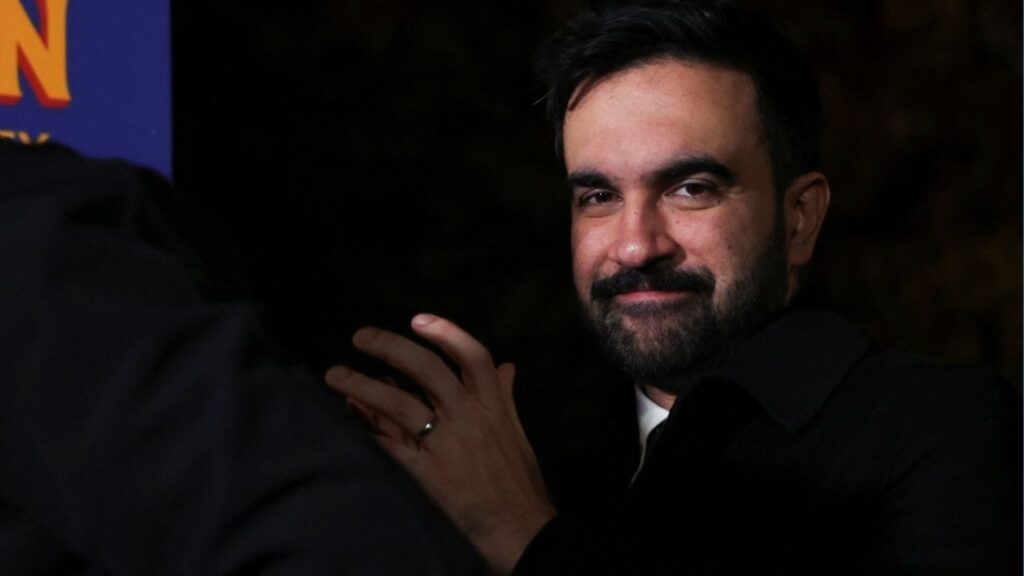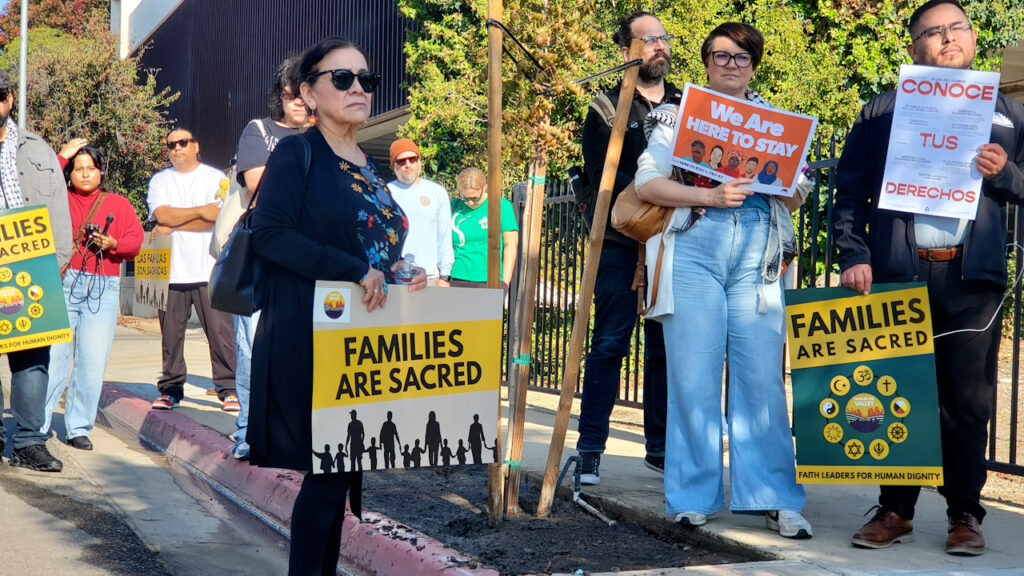Supporters of President Daniel Noboa with cutouts of him in a suit and a presidential sash in Quito, the Ecuadorean capital, Feb. 5, 2025. Ecuador holds a runoff presidential election on Sunday, April 13, 2025, and the race is in a dead heat as voters decide which candidate can better address the violence that drug trafficking has unleashed on the country. (Johanna Alarcon/The New York Times)

- Daniel Noboa wins Ecuador’s presidential election, vowing to tackle security crisis despite accusations of electoral violations.
- Noboa's victory contrasts with Luisa González’s refusal to recognize results, highlighting tense political environment in Ecuador.
- Ecuador’s escalating security crisis, driven by drug violence, remains central to Noboa’s presidency, despite limited progress.
Share
|
Getting your Trinity Audio player ready...
|
QUITO, Ecuador — Ecuador’s president, who unexpectedly surged in the polls to secure a shortened term in 2023, was declared the victor of the presidential election with a decisive lead Sunday in a race that showed voters’ faith in his vows to tackle the security crisis with an iron fist.
Daniel Noboa, 37, defeated Luisa González, 47, the hand-picked successor of former President Rafael Correa.
Both candidates accused the other of electoral violations throughout the election season, and González said she would not recognize the results of the election in a speech from the headquarters of her party, Citizen Revolution.
“I want to be very clear and emphatic: The Citizen Revolution has always recognized a defeat in the last elections when polls, tracking and statistics have shown it,” González said. “Today, we do not recognize these results.”
Noboa celebrated his victory from the coastal town of Olón.
“This day has been historic,” he said. “There is no doubt who the winner is.”
Noboa Declares State of Emergency Before Election Day
The day before the election, Noboa declared a state of emergency in seven states, most of them González strongholds, raising fears that he was trying to suppress the vote among her supporters. The declaration restricts social activities and allows police and military to enter homes without permission.
The president said the measure was in response to violence in certain parts of Ecuador. González described it as an attempt to curb political participation.
“Declaring a state of emergency in the middle of an electoral process due to alleged serious internal unrest is very questionable,” said Mauricio Alarcón Salvador, director of Transparency International’s chapter in Ecuador, who added that the decision should be reviewed by the Supreme Court.
But he said that any claims of electoral fraud “must be substantiated,” something he saw as less likely given Noboa’s large margin of victory. “It cannot and should not be simply an assertion thrown into the air.”
Noboa has positioned himself as a law-and-order president but has so far achieved minimal results in tackling the nation’s persistent drug violence and unemployment.
In the past five years, Ecuador has experienced an explosion in violence linked to drug trafficking. A justice system plagued by overcrowding in jails, corruption and underfunding has become fertile ground for prison gangs allied with powerful international drug cartels.
This shift has turned the once-peaceful nation of 18 million into a significant player in the global drug trade, disrupting the lives of Ecuadorians and altering the country’s status in a volatile region.
Only 36% of Ecuadorians are Adequately Employed
At the same time, just 36% of Ecuadorians are adequately employed, according to government data, making the economy a top concern.
Noboa received 56% of the vote, compared with González’s 44%, with more than 97% of votes counted Sunday evening, according to official figures.
In a race that was expected to be tight, Noboa took a decisive lead early in the night. By 8 p.m., hundreds of his supporters were gathered outside of the national electoral council in Quito blowing horns, waving flags and holding the emblematic cardboard cutouts of his likeness.
At the nearby headquarters of González’s party, hundreds of supporters were shouting “recount.”
Since 2023, the country has been shaken by the assassination of a presidential candidate and the prison killings of six men accused of his slaying, as well as several prison riots and the on-air siege of a TV station.
To address the escalating crisis, Noboa declared a state of internal armed conflict last year, authorizing the military to patrol the streets and the prisons. Rights groups condemned his hard-line tactics as excessive and harmful.
But the increased security presence was short-lived, and many voters — even some who oppose Noboa — say they want more action from authorities, not less. Homicides declined early in his presidency but soon began rising again.
Noboa projected an image of himself on social media as the law-and-order candidate, but that posture wasn’t reflected in reality, according to Caroline Ávila, an Ecuadorian political analyst.
“On a day-to-day basis, you won’t find people on the streets doing surveillance,” she said. “But you will have a TikTok video reminding you of the last raid.”
Noboa also sought to cast himself as Ecuador’s best representative on the world stage, emphasizing his ability to build relationships with global leaders, including President Donald Trump.
Noboa, a Harvard-University educated heir to a multibillion-dollar banana empire, took office in 2023 after his predecessor called for early elections amid impeachment proceedings.
He first entered politics just four years ago, when he ran for a seat in the national legislature. In the 2023 presidential contest, he managed to rise from the bottom of the polls to second place in the first round of voting after a strong debate performance. He then beat González in the runoff.
González, who served in various positions in the leftist Correa government, is largely seen as the representative of the former president, a divisive figure in Ecuador who led from 2007-17. Many revere Correa for the booming economy, low crime rates and investment in health and education that Ecuador experienced under his government. But others condemn him for his corruption conviction in 2020 and his authoritarian tendencies.
Noboa has also been accused of having authoritarian leanings. He drew international attention when he ordered police to enter the Mexican Embassy in Quito to arrest a politician who was facing a prison sentence for corruption. Critics saw the move as a violation of diplomatic norms and an abuse of power.
Still, last year, Ecuadorians backed his tough-on-crime agenda by voting in favor of a referendum that formally expanded the military’s role in law enforcement.
—
This article originally appeared in The New York Times.
By Genevieve Glatsky/Johanna Alarcon
c. 2025 The New York Times Company



